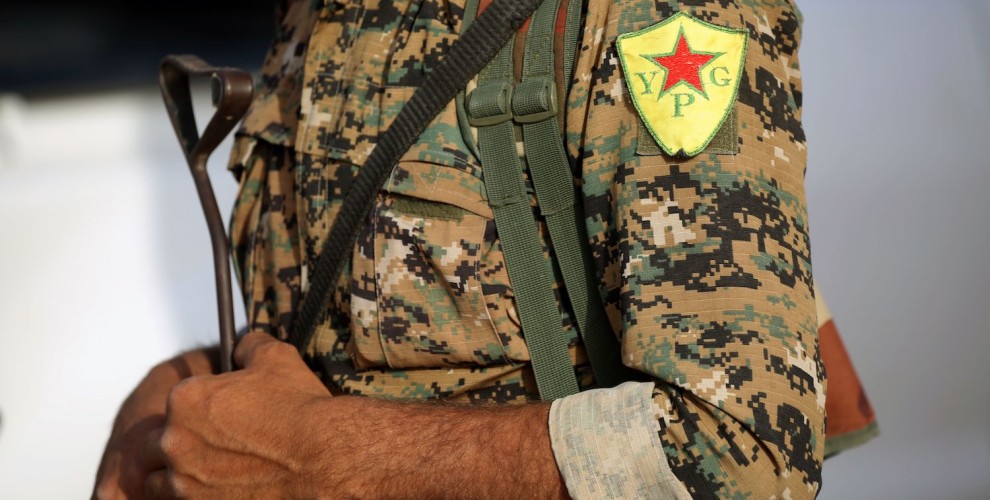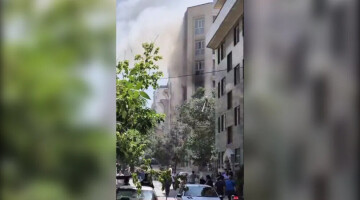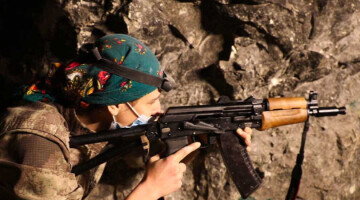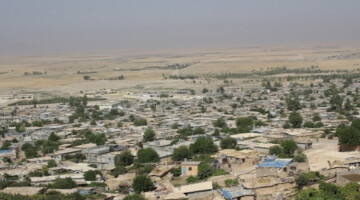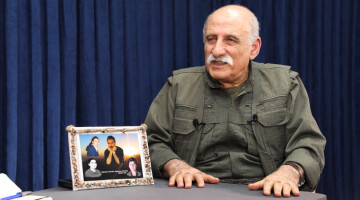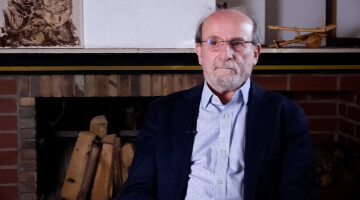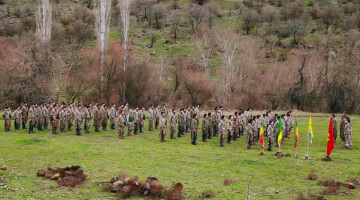Recently, Foreign Policy published a piece entitled “The Kurdish Explosion is Unleashing Demons”, arguing—in patronizing language—that “The “Kurdish question,” which has bedeviled empires and superpowers for centuries, has returned as a dangerous flashpoint with potentially seismic implications,” and that “empires and superpowers”, specifically the United States, ought to respond by continuing to enforce the regional status quo. The Democratic Federation of Northern Syria is, at its essence, a challenge to the status quo in the Middle East and in the world. The piece identifies this correctly. But the conditions it challenges are unsustainable and oppressive—and all people who support freedom and democracy should support that change, rather than the forces that seek to crush it.
The piece’s fears that the future of Northern Syria will resemble the fighting between the Iraqi government and the Kurdistan Regional Government (KRG) which broke out after the KRG’s independence referendum stem from a misunderstanding of both conflicts. Northern Syria, unlike the KRG, does not seek a separate state. The preamble to its constitution states that it “recognizes Syria’s territorial integrity and aspires to maintain domestic and international peace.” Regional authorities view their political project as a model for a future decentralized Syria to aspire to, not as an aspiring nation-state itself. The Democratic Union Party (PYD) maintains relationships with the United States, Russia, and the Syrian central government, and so its future will more likely be addressed through negotiations than through the sudden conflict that occurred in South Kurdistan.
It is true that the state most likely to spark conflict with Northern Syria is Turkey, which considers the People’s Defense Units (YPG) and PYD to be terrorists due to their links to the Kurdistan Workers Party (PKK). While the PKK is designated as a terrorist organization by the United States, it is important to note that they were listed years after the war against Turkey began, and that the decision was related entirely to the politics of the U.S.-Turkish alliance. The PKK was instrumental in the fight against the Islamic State in Sinjar, where the Iraqi government, Kurdistan Regional government, and international community were slow to respond to the attacks on the Ezidi minority. Characterizing the role of the PKK in stopping the Islamic State and protecting Ezidis as “terrorists fighting terrorists” ignores the blatant difference in values and goals, and shows the political nature of the designation.
A more responsible American position on this matter would be less like that of Turkey and more like that of the Belgian Court of Appeals, which recently decided the PKK was not a terrorist organization, but rather a legitimate party in an armed conflict with the Turkish state. This corresponds with the view of many Kurds, to whom the organization is seen as self-defense against the Turkish state’s repressive policies— banning the Kurdish language, destroying and depopulating entire Kurdish cities, and violently forcing assimilation into Turkish society, among other atrocities. It is fair to say that the Turkish state’s violence has more in common with the terrorism of groups like the Islamic State than the violence used in self-defense by the PKK, YPG, and related groups does, making the ‘terrorist’ designation given to these groups even more absurd.
And while Turkey objects to the existence of organizations that have fought the Islamic State effectively, its own record against the group is dubious. The Turkish government ignored Islamic State smuggling networks, enabled oil sales to Turkish buyers, and even allowed the Islamic State to attack the Syrian Kurdish city of Kobani from the Turkish side of the border. Defeating the Islamic State is the single shared goal among the vast majority of actors in Iraq and Syria. While Turkey may be a NATO ally, its blatant disregard of a security objective important to NATO, Russia, Iraq, Syria, and states around the world that the Islamic State has targeted means that its criticisms of actors that effectively fight the Islamic State fall flat.
If world powers are to reject challenges to the status quo on principle, they must remember exactly what the status quo in the region entailed: Kurds and other minorities facing violent state repression and mass atrocities in Syria, Turkey, Iraq, and Iran, with demands for linguistic and cultural rights met with violence, and where years of war, fueled and funded by American and European weapons and tax dollars, left entire communities devastated.
The Democratic Federation of Northern Syria presents an alternative-- one that has survived and grown under adverse conditions. Its constitution structurally empowers women and ethnic minorities. Its military force is not only the most effective force against the Islamic State, but is also responsible for the fewest civilian casualties of any major party to the conflict. Outside powers did not impose its democratic system. Rather, it was developed by and for the people it serves—which gives it far greater legitimacy than the democracy imposed through occupation that so often follows outside interventions. It provides a model for all oppressed groups in the region to look to, and an alternative to dictatorship and intervention in a region whose people have seen too much of both. A responsible international policy would be to continue to support it, and to end support for the regimes that oppress the people of Rojava and of all four parts of Kurdistan.

